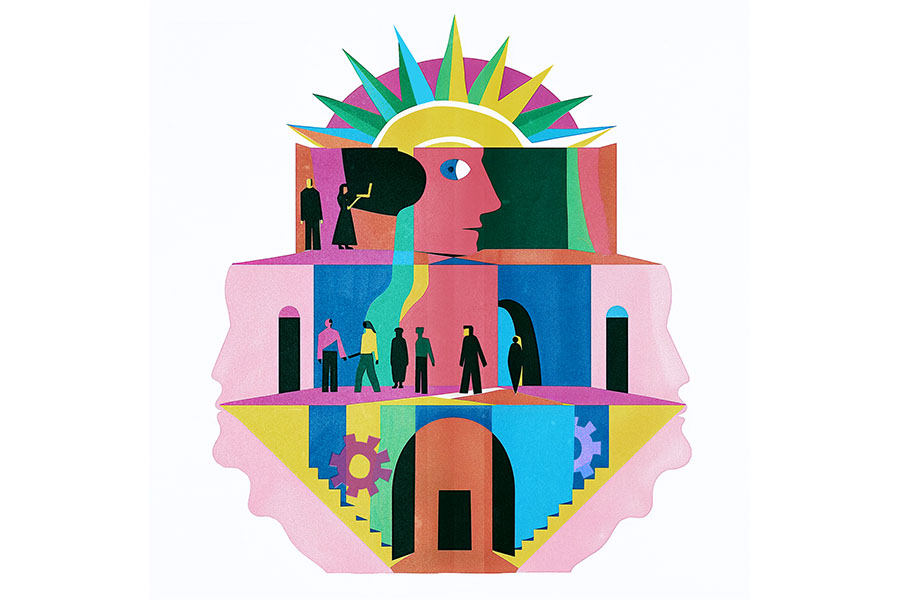American Theatre should listen to Black women.
In their seminal anthology, The Revolution Will Not Be Funded: Beyond the Non-Profit Industrial Complex, INCITE, a network of radical feminists of color, defines the nonprofit industrial complex as a system of relationships among the state (local and federal governments), the owning classes, foundations, and nonprofit/NGO social service and social justice organizations that results in the surveillance, control, and derailment of political movements.
When applying these ideas to U.S. nonprofit theatres, I ponder how these dynamics manifest in our work and art-making.
A portion of all Americans’ tax dollars fund the nonprofit theatre industry, but the marginalization of artists and audiences of color persists. Plays by and about BIPOC folks continue to be produced at a much lower rate than their white counterparts nationwide. We have seen the historical legacy of redface, blackface, yellowface, and Orientalism persist in productions throughout American history. These stereotypes reify BIPOC as the “other,” driving a narrative that justifies our oppression in both the theatre and society at large.
The dependency on corporate dollars has led theatres to adopt similar practices, which result in an unhealthy focus on revenue-based measures of success. Other problematic dynamics include excessively high executive leadership salaries and pay inequity, sponsorships from multinational companies that oppress people of color around the world, a competitive work environment, and board governance rooted in for-profit finance strategies over public needs.
Private foundations also play a role. At the turn of the 20th century, charities dedicated to social welfare, education and the arts emerged as some of the first iterations of nonprofits. They also served (and still serve) as tax shelters for wealthy donors like John D. Rockefeller and Andrew Carnegie. Philanthropy News Digest reported last year that assets of foundations in the U.S. now total $1.25 trillion.


